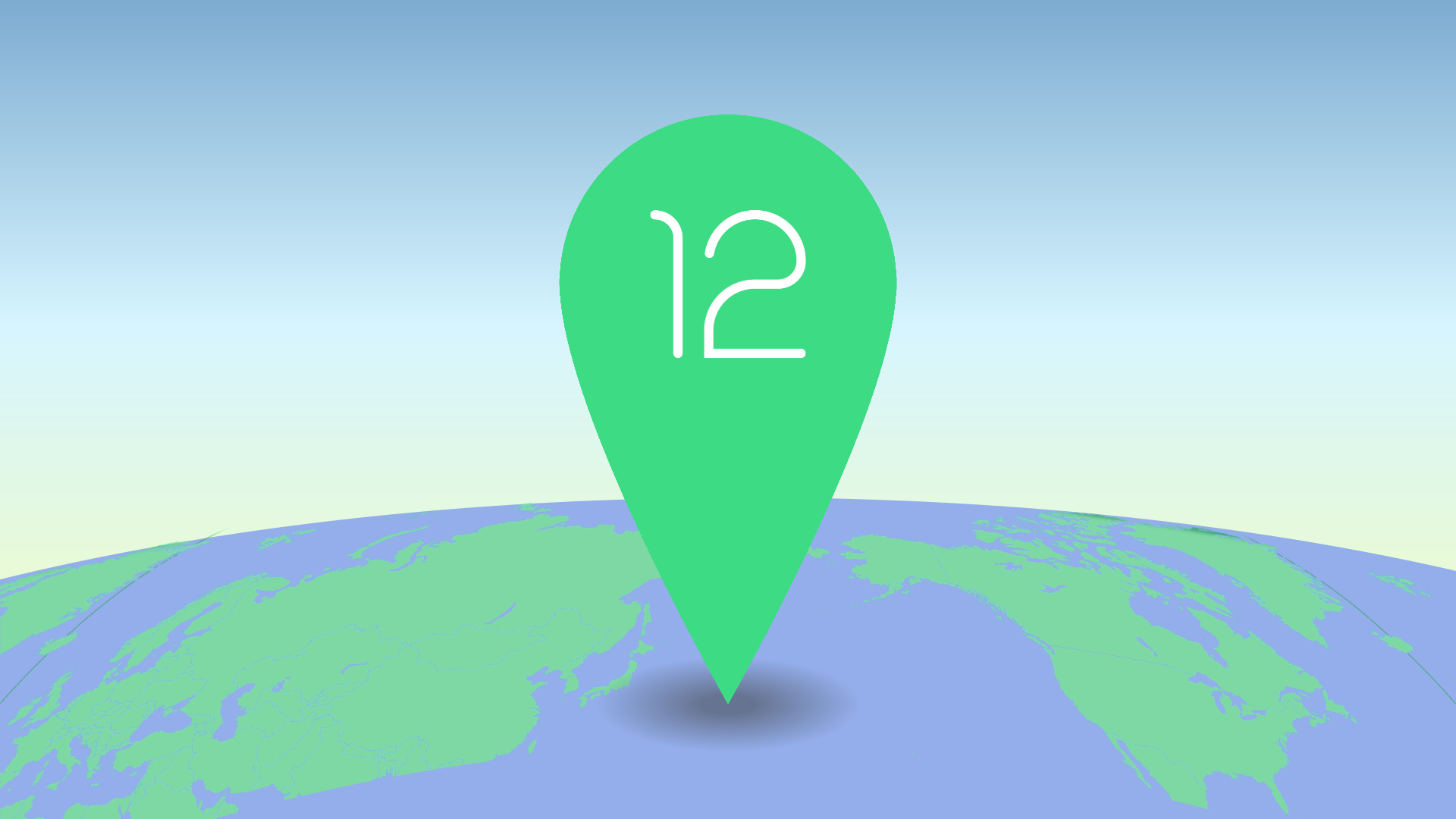Apple and Google are each slow-stepping their ways to giving their customers more privacy options up front when they want to interact with apps. For example, Android has been offering users the choice to give specific permissions like access to location data to an app for one time only, while the app is in use, or not at all. With Android 12, users get to control how accurate the location data they give is.
The short version of this is that Android 12 will pop up new options when an app first prompts you for location data. In addition to specifying when you give that data, you can also decide on whether to give precise or approximate data. If you opt to give approximate data to the app, it can later prompt you for permission to retrieve precise data for an appropriate purpose — you'll still be able to control when that happens.
These prompts are live with Beta 1, but app developers will need to support the new scheme before you start seeing them.
An accompanying new toggle is also available for each individual app in the system settings.
So, how "precise" is precise location data and how "approximate" is approximate data? On the developer's side of things, their app will need to be prepared to accept either of two permissions: ACCESS_FINE_LOCATION or ACCESS_COARSE_LOCATION. The latter allows the Location API of Google Play services to use Wi-Fi and/or mobile cell data to determine location with an accuracy of about "a city block," perhaps 100 meters. Fine location adds GPS to the dataset and increases accuracy significantly.
Google has found that users will opt to give less foreground location access when given the option about 80% of the time.

